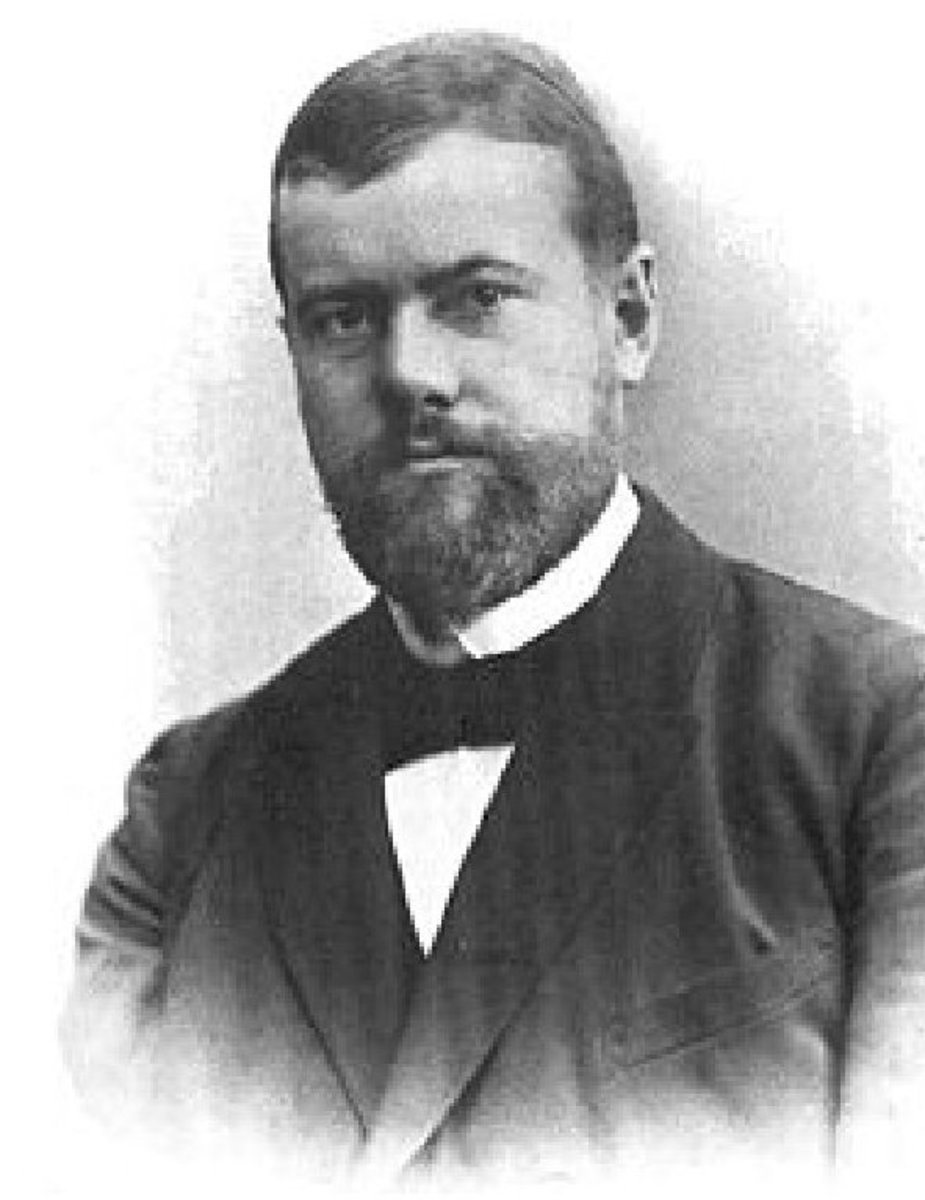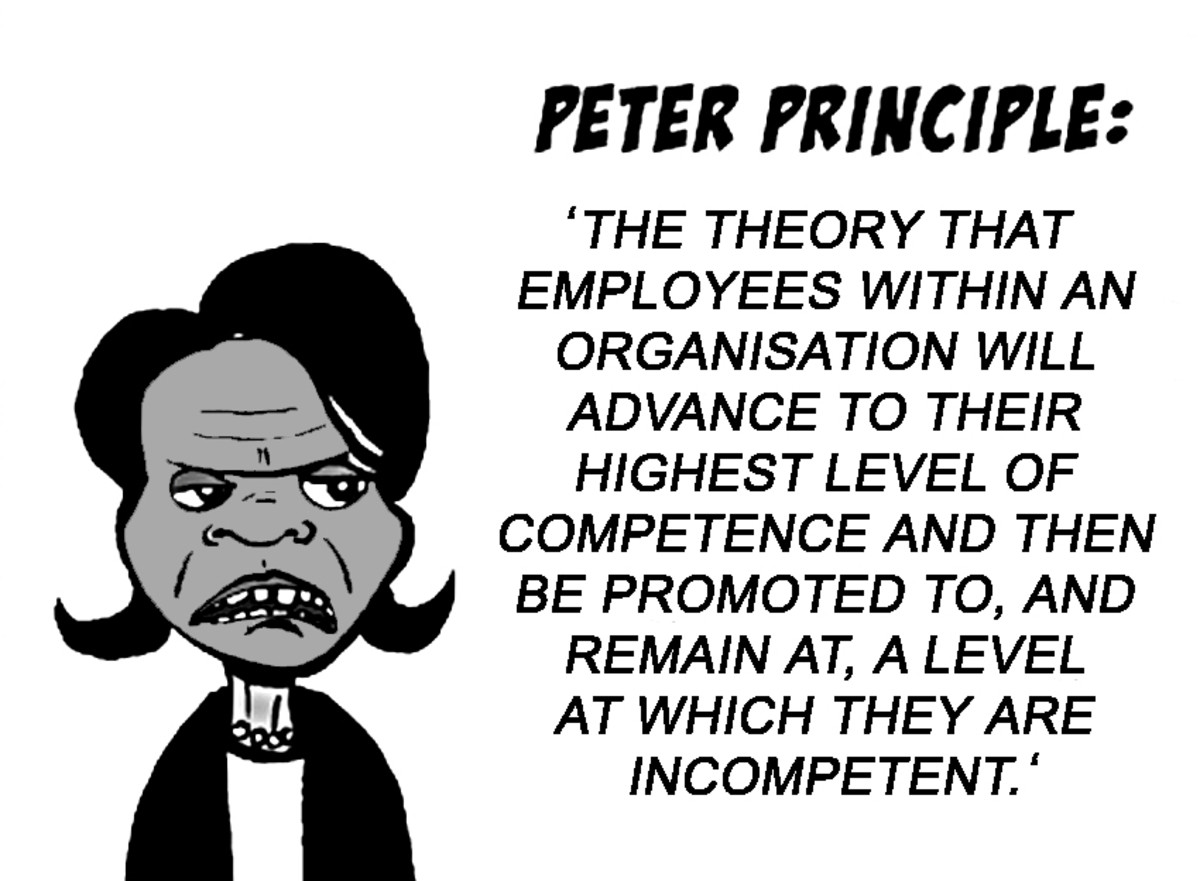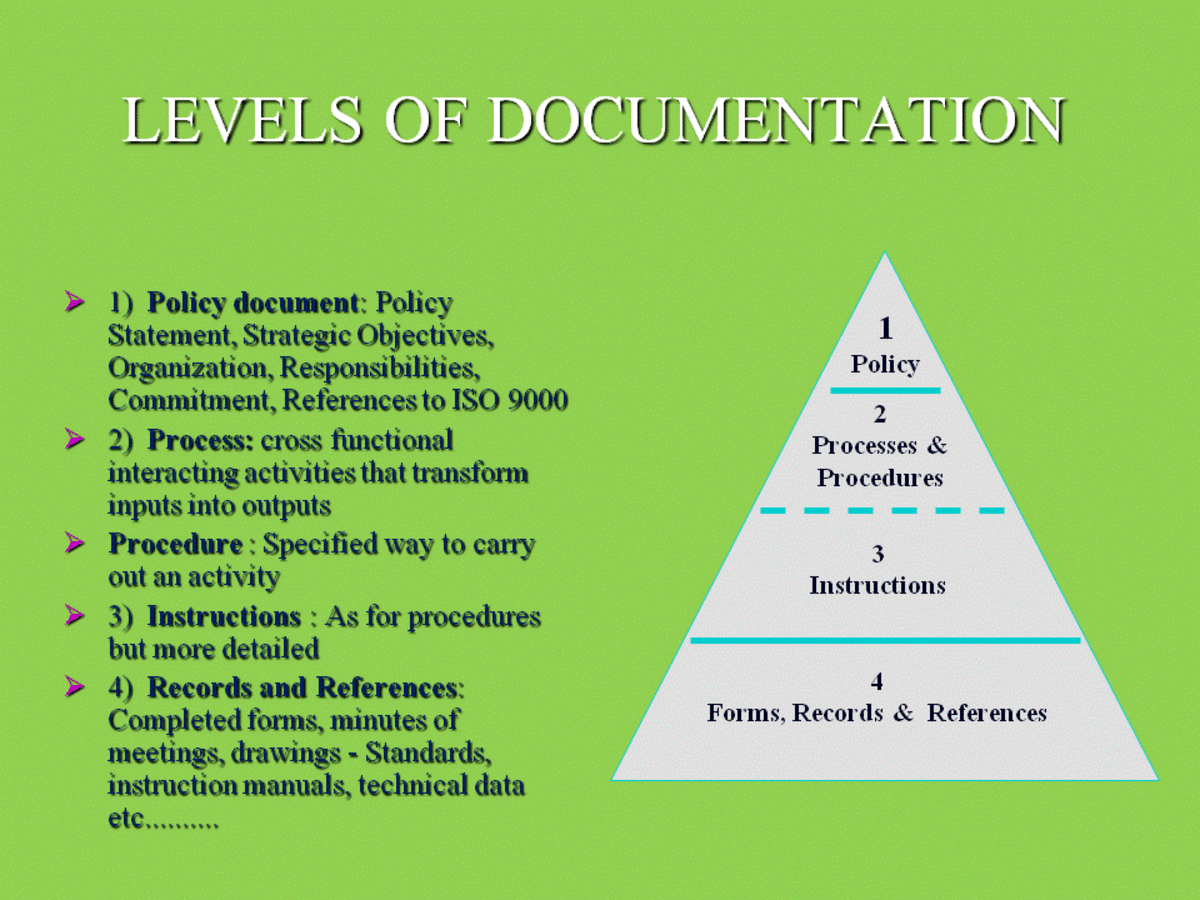The Best Small Business Management Books

If you run a small business but never a read business book, you're placing your bets on gut instinct. Thousands of excellent business books are written every year, some by business consultants, others by actual business owners or executives. From business planning to time management to goal setting, there is a business book to help you. The wealth of information contained in a good business book is there for you to tap, but you must discipline yourself to set aside some time to read.
This article is about the best business books for a small business owner. Who determines what's the best? Me, of course, the author of this article. Anyone who has ever written about the "ten best" is naturally giving an opinion. This article is not about a ten best or a twenty five best. I will add to this article in the future, and I don't want to be pinned down to a finite number. The books I discuss here are, in my humble opinion as a former business owner, consultant, and business writer, the best. But don't just take my word for it. Be on the lookout for what is new on the market, as well as books that are considered classics. When you go to business meetings and conventions, ask what others are reading.
The books that I discuss here are numbered, but don't be hooked on the numbers. The book for you may just be just the one you have been looking for, so your number one may not be mine.
In Search of Excellence
1. In Search of Excellence by Tom Peters and Robert Waterman
First published in 1982, this essential book has not only stood the test of time, but it has had a gigantic impact on how business is conducted in the United States. The basic message of the book is that there are eight key principles of management excellence.
1. A Basis for Action. How much time is spent talking about work rather than getting the actual work done? The authors challenge you to tally how many hours a week are spent in unproductive meetings.
2. Be Close to the Customer. Everybody talks about customer service but how many managers actually do something about it. Do customers really want the products and services that you produce?
3. Autonomy and Entrepreneurship. Do you give your employees, especially your managers, the latitude to make their own decisions?
4. Productivity through people. Automation and downsizing are not the simple answers they seem to be in rough times.
5. Value driven, hands-on management. As the boss, do you only communicate with managers? When was the last time you had a chat with an hourly worker on the shop floor?
6. Stick to your knitting. How much of your business, and how much time and effort of you employees is spent on things that are not the core of your business.
7. Use a simple structure and a lean staff. Don't hire people for general positions.
8. Cherish mavericks. Do you let go of people who make bold steps because you fear they are upsetting the order of things? Think outside the box by letting them think outside the box.
Thirty years later the wisdom of this book is still there for you to profit from. It's a classic business book.
Steve Jobs
2. Steve Jobs by Walter Isaacson
This book wasn't written as a business book but as a biography of one of America's most fascinating people. Written in 2011, it is as current as your new Iphone.The book doesn't contain any tips or do this, not that. But I list it as one of my favorite business books because of the amazing story itself. Walter Isaacson, hand-picked by Jobs to write his biography as Jobs' health was declining, is one of our great biographers. He also wrote Benjamin Franklin, an American Life (2003), Einstein: His Life and Universe (2007), and Kissinger: A Biography (1992). Steve Jobs and partner Steve Wozniak famously started Apple in the garage of Job's parents. The meteoric rise of Apple from that garage to one of the world's largest and most profitable corporations is largely because of one man: Steve Jobs. As Jobs himself said, he just wanted to create "insanely great products." As a business owner what you will get from this book is the story of a man who would settle for nothing less than excellence. His management style came from his personality, and probably can't be replicated, nor would you want to. He could be a bit crass and overly demanding. Isaacson recounts numerous instances when Jobs would come into a meeting of engineers who had been working on a project for months, only to say after a couple of minutes: "This is bullshit," and storm out. But his laser focus on his products and how they relate to customers is something that any business owner can benefit from. Do you want to create a product that is insanely great?
The One Minute Manager
3. The One Minute Manager by Kenneth Blanchard and Spencer Johnson
Written in 1982, the same year as In Search of Excellence, this book is a classic of sound business advice. It's a small book, at 111 pages. It sets forth three secrets: One Minute Goals, One Minute Praising, and One Minute Reprimands. So much ink has been spilled on how to manage people, one wonders how the authors could do it in so small a book. The book has sold over 13 million copies and has been translated into 37 languages. The One Minute Manager is not a simple how-to book, although it is written in an engagingly plain style. The book includes reference to medicine and behavioral psychology, showing that the recommendations it contains are anchored in thorough research and social science. Because it is so short and so easy to read, the book is simply a must for any serious small business owner. It is a business book for the ages.
4. The E-Myth Revisited: Why Most Small Businesses Fail and What to Do About It by Michael Gerber
The third edition of this business book best seller was written in 1995. What is the e-myth? The e-myth, a word that was not coined by Gerber, is the Entrepreneurial Myth. It means that most businesses fail because the owner is not a real entrepreneur, a person who has a great idea and runs with it, but a technician who knows everything about what the business sells, but not how to run it or make the business a success. Gerber discusses the familiar statistic that 80% of non-franchise businesses fail because the owner simply didn't know anything about running a business. Gerber then points out that 75% of franchises are still around after five years. Gerber, a small business consultant, recommends that business owners look at their business as a franchise and use the lessons of a franchise to run the business. He asks the reader to imagine that he wants to sell franchises in his business. By doing this, the owner will have to focus on a business model, not just a product or service. This is an excellent business book.
The Tipping Point
5. The Tipping Point: How Little Things Can Make a Big Difference by Malcolm Gladwell
The Tipping Point is one of the most important books on marketing in the past 25 years. It is also simply fun to read. The tipping point is that magical moment when an idea, trend, or social behavior crosses a threshold, tips, and spreads like wildfire. He discusses the phenomenon of the Hush Puppy, the homely shoe that only nerds used to wear when they came out in the 1950s. Their sales gradually dropped to only 30,000 by 1994. The parent company was considering discontinuing the brand when suddenly sales started to spike in the mid 1990s. Gladwell analyzed what happened. In lower Manhattan, the shoe suddenly became popular among hip club-goers. It started to catch on in other parts of the city and then in cities across the country. Although no marketing campaign was launched, the overall sale of Hush Puppies took off in urban centers and the humble homely Hush Puppy had a new life. The Tipping Point is a fascinating read and a treasure trove of ideas for how a business owner can help a business approach the tipping point threshold and tip his business toward success.
The APT Principle: The Business Plan That You Carry in Your Head by Russell F. Moran
Full and obvious disclosure: I am the author of this book. I believe I would be remiss if i didn't include it in this article, biased though I may be. The APT Principle is based on the concept that all - ALL - business problems can be diagnosed as a function of one of these three factors: Attitude, Practices and Technology. The reason it's subtitled The Business Plan That You Carry in Your Head, is because these three factors provide you with a ready diagnostic tool that enables you to focus your energies on solving the right problem, not the wrong one. The book also delves deeply into the mechanics of a formal business plan and why you need one. It also discusses the basics of forming a small business, from locating the business, to marketing, hiring, time management, and brand building. The author (me) was formerly the CEO of a publishing company that specialized in publications for the legal profession.
What are your favorites?
Please weigh in with your comments on what business books have had an influence on your business.














